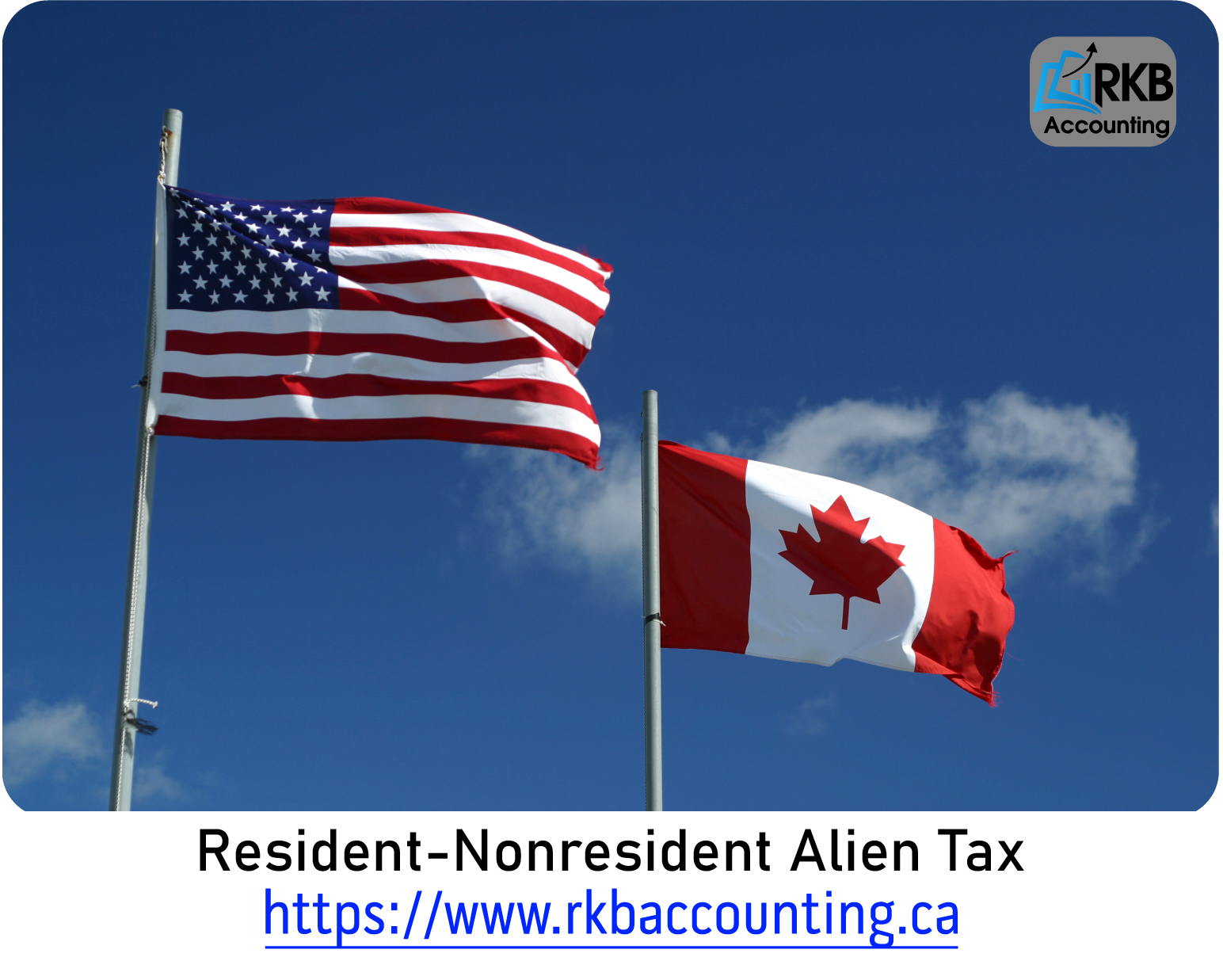


Are you a resident or non-resident in Canada for tax purposes? Are you considered a non-resident if you were not present for more than 183 days in Canada? What are your tax filing obligations in Canada?
Who is considered a non-resident for tax purposes in Canada?
For tax purposes in Canada, a non-resident is generally defined as an individual who does not have significant residential ties to Canada. A residential tie refers to a set of connections that an individual has to Canada, including:
An individual who does not have significant residential ties to Canada and who stays in Canada for less than 183 days in a calendar year is generally considered a non-resident for tax purposes.
Non-residents of Canada are subject to different tax rules than residents, and their tax obligations depend on their Canadian-source income. Non-residents are generally subject to tax on income earned in Canada, such as employment income, business income, and rental income. They may also be subject to tax on capital gains realized from the disposition of certain Canadian properties.
To determine their tax obligations in Canada, non-residents may need to file a Canadian income tax return and report their Canadian-source income. They may also be eligible for certain tax treaty benefits, which can help to reduce their Canadian tax liability. It is important for non-residents to understand their tax obligations in Canada and to seek professional tax advice if necessary.
Our objectives: Learn/Educate/Practice/Advocate | Call: 647-692-5677; Email: [email protected]
Blogs Canada | Blogs USA | News Canada | News USA | Dates Canada | Dates USA| eLearning
Disclaimer: Information in the post has been presented for a broad and straightforward understanding. This is not a legal advice. RKB Accounting & Tax Services does not accept any liability for its application in any real situation. You need to contact your accountant or RKB Accounting for further information.